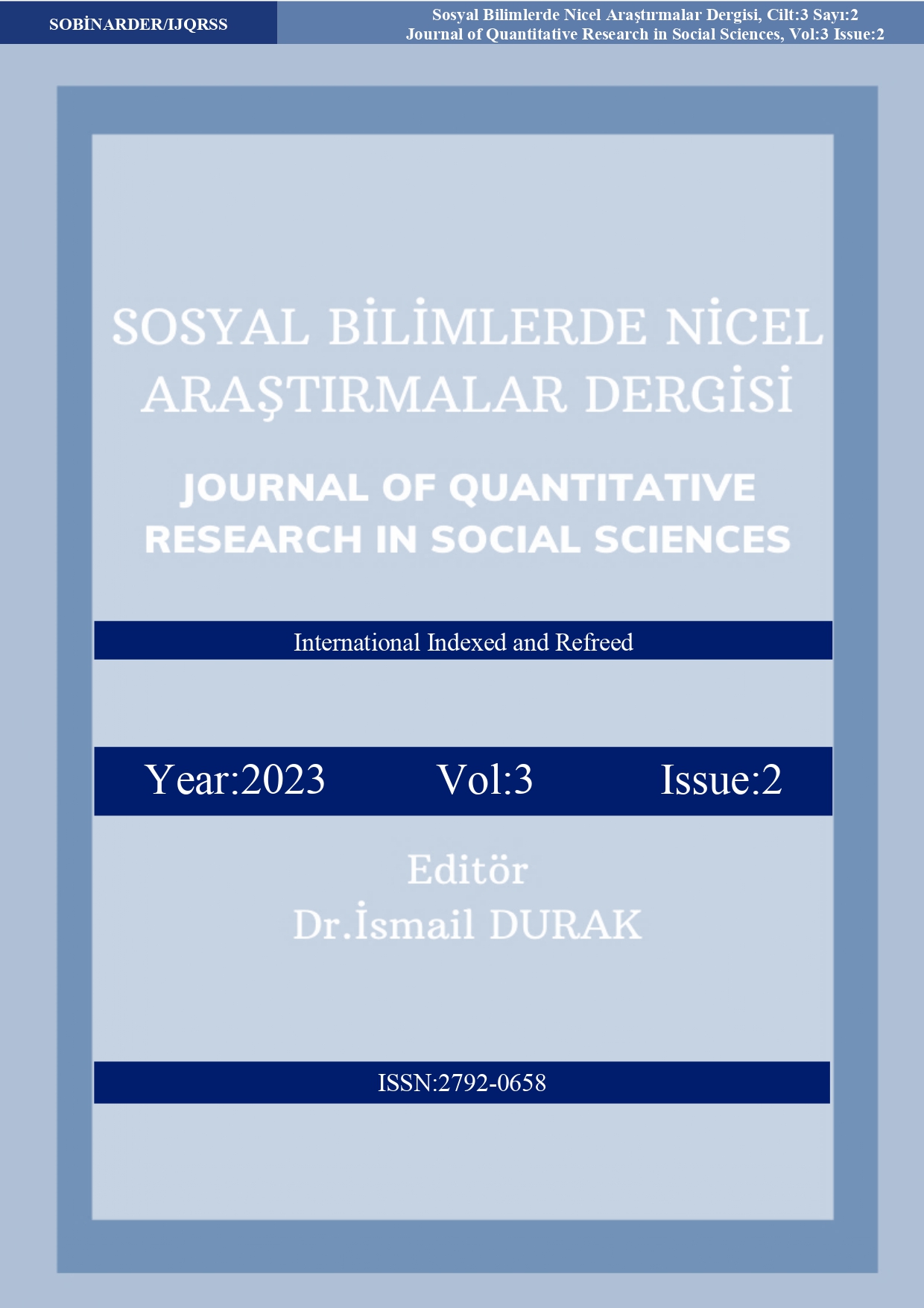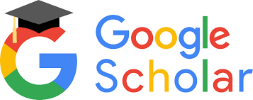Investigation of Water Literacy in Tourism Education with Cluster Analysis
Turizm Eğitimi Alan Öğrencilerde Su Okuryazarlığının Kümeleme Analizi ile İncelenmesi
Keywords:
Water literacy, water saving, water awareness, water sensitivityAbstract
Water literacy aims to increase the awareness of individuals about water resources, to have information about efficient use of water, protection of water resources, cleanliness of water and sustainability of water resources, and to make the right decisions. Individuals are informed about the importance of water resources, risks, protection and management of water resources. Water literacy increases the sensitivity of individuals and society to water resources and contributes to the sustainability of water resources. As long as the water literacy level of the society does not increase, there will be water scarcity and various problems will be encountered due to the lack of water. Water has a very important role in the tourism sector. It is an important issue to raise water awareness for students who receive tourism education, who are potential tourism sector employees. Purpose of the study: To raise Water Awareness to Associate, Undergraduate and Postgraduate Students in Tourism Education and to reveal the current situation with a pilot study. In the study, 492 students who received tourism education were reached by using the water literacy scale that measures water consumption, water awareness and water sensitivity. The water literacy level of the students in 3 sub-dimensions was determined and analyzed by cluster analysis. The Water Literacy score was divided into three categories by cluster analysis. In the research findings; It has been observed that individuals between the ages of 21-25 have the highest water literacy score, and the higher the education level, the higher the water literacy. In the sub-dimensions of the scale, the average of water awareness is followed by water sensitivity and water saving. These results are important for the planning and implementation of studies such as developing policies for the management of water resources, preparing training programs and conducting informative campaigns.
References
Brody M (1995). Development of a curriculum framework for water education for educators, scientists, and resource managers. The Journal of Environmental Education, 26(4), 18-29. https://doi.org/10.1080/00958964.1995.9941448.
Büyüköztürk Ş, Çakmak, K. E, Akgün, Ö E, Karadeniz Ş, Demirel, F (2014). Scientific research methods. 18. Printing. Ankara: Pegem Academy.
Covitt B A, Gunckel K L, Anderson C W (2009). Students' developing understanding of water in environmental systems. The Journal of Environmental Education, 40(3), 37-51. https://doi.org/10.3200/joee.40.3.37-51.
Otaki Y, Sakura O, Otaki M (2015). Advocating water literacy. Mahasarakham International Journal of Engineering Technology, 1 (1), 36- 40. https://doi.org/ 10.1080/1533015X.2016.1164098.
Sözcü U ve Türker A (2020). Development of water literacy scale. Third Sector Journal of Social Economy, 55 (2), 1155-1168. https:// doi.org/10.15659/3.sektor-sosyal-ekonomi.20.05.1365
URL1, https://unesdoc.unesco.org/ark:/48223/pf0000375724 (Son Erişim: 05.05.2021)
URL2, http://www.tubitak.gov.tr/tr/yarismalar/icerik-lise-ogrencileri-arastirma-projeleri-yarismasi (Son Erişim: 23.02.2021)
Downloads
Published
How to Cite
Issue
Section
License
Copyright (c) 2024 Journal of Quantitative Research in Social Sciences

This work is licensed under a Creative Commons Attribution-NonCommercial 4.0 International License.
Telif hakkı hakkında










